Image: Rising food prices.
Combating inflation, protecting the common man from the impact of rising food prices and sustaining the momentum of economic growth while ensuring the poor get a fair share of the "fruits of growth" are among the government's "foremost priorities" in 2011-12, President Pratibha Patil said in her address to Parliament this week.
This sets the fiscal and policy framework for Union Finance Minister Pranab Mukherjee as he puts the finishing touches to his annual Budget speech in Parliament and approves his ministry's policy proposals for the year ahead.
This sets the fiscal and policy framework for Union Finance Minister Pranab Mukherjee as he puts the finishing touches to his annual Budget speech in Parliament and approves his ministry's policy proposals for the year ahead.
Budget: What are the govt's priorities
Image: C Rangarajan.
On the same day the president spoke, the head of the Prime Minister's Economic Advisory Council (PMEAC), C Rangarajan, urged the government to adhere to the finance commission's timetable for deficit reduction. The PMEAC is right to suggest that the time has come to roll back the fiscal stimulus that was rolled in during 2008-09 in response to the global economic slowdown.
. . .
Budget: What are the govt's priorities
Image: Finance Minister Pranab Mukherjee.
This would mean an increase in excise duties. To the extent that inflation management would require preventing cost-push inflation, such an increase in indirect taxes would have to be accompanied by an anti-inflationary fiscal stance. Mr Mukherjee should know that the usual North Block trick about window dressing the fiscal and revenue deficit numbers will no longer work. He must make a credible effort towards fiscal consolidation. This will require convincing expenditure management as well as revenue mobilisation. This is the year to do both.
. . .
Budget: What are the govt's priorities
Image: A clear roadmap should be laid out for GST.
Whatever the political roadblocks to the early introduction of a goods and services tax (GST), a clear roadmap should be laid out, and some early steps taken, to facilitate the transition. Tweaking indirect tax rates in line with the GST roadmap will also help raise revenues. If there is an effort to provide tax relief to the salary-earning middle class hurt by inflation, this should be balanced by tapping the wealth of India's super-rich.
. . .
Budget: What are the govt's priorities
Image: Moderate corporation tax regime.
While there is a case for a moderate corporation tax regime in line with other Asian economies (the idea of zero corporate tax as advocated by some may be politically difficult to push), the government can afford to tap further into dividends and capital gains, based on an exempt-exempt-tax (EET) basis.
In the context of growing wealth of the super-rich, and the government's stated concerns about making the growth process socially inclusive, there is also a case for introducing an inheritance tax and similar measures, even if they prove unpopular with the more vocal taxpayers and the markets.
. . .
Budget: What are the govt's priorities
Image: GDP growth to bounce back.
The PMEAC has forecast that growth next year would bounce back to 9 per cent, and that the current account deficit would be a more manageable 2.8 to 3 per cent of GDP rather than the feared 4 per cent. All this provides the government a cushion to make genuine fiscal corrections and to bring India's tariffs in line with East Asian levels. A reduction in customs duties would also be a useful anti-inflationary measure. Many of these ideas may go against much popular wisdom in the media, however. India needs credible fiscal consolidation to ensure the stability of its growth process.

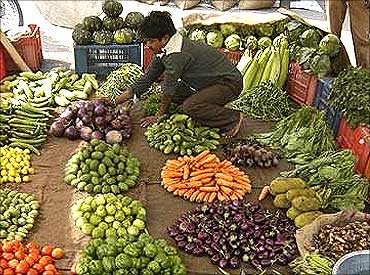
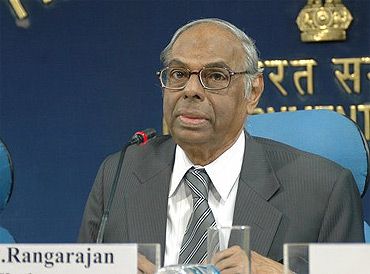

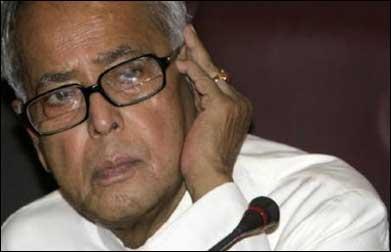
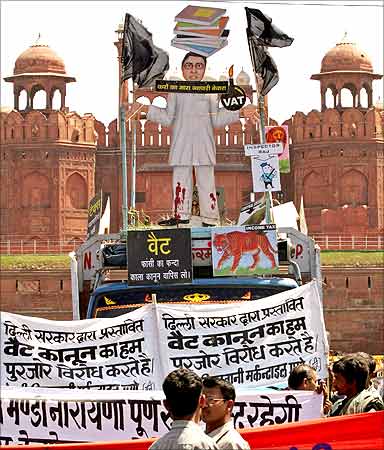
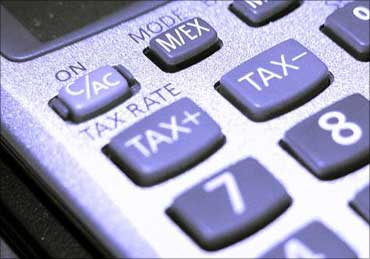
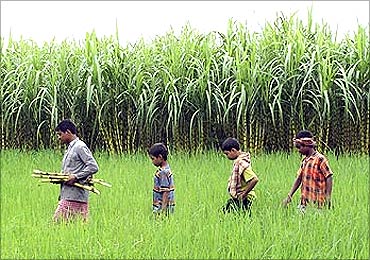

article